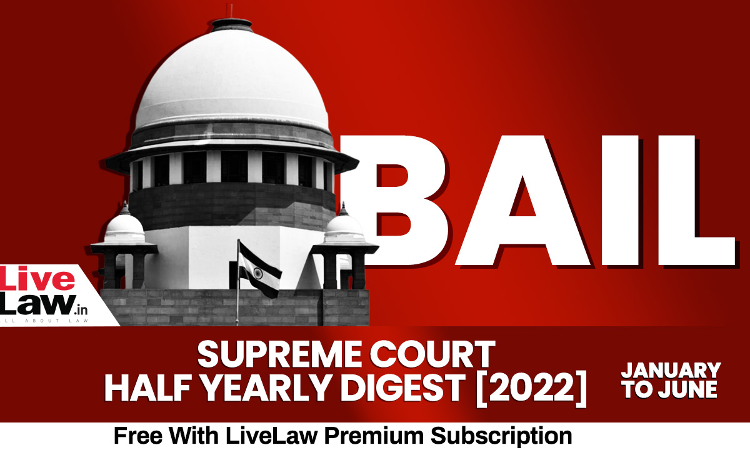Next Story
30 July 2022 11:13 AM IST
Anticipatory Bail - SLP Against Madras HC Judgment dismissing anticipatory bail with some observations about requirement of custodial interrogation- Dismissed - High Court, after having found no case for grant of pre-arrest bail, has otherwise not given any such direction of mandatory nature - Observations are essentially of the reasons assigned by the High Court in declining the prayer...

